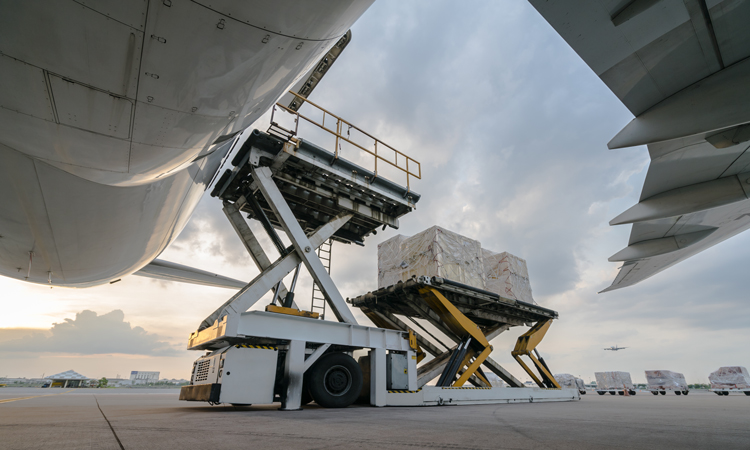Global air freight markets experienced slight increase in volumes in November 2020
- Like
- Digg
- Del
- Tumblr
- VKontakte
- Buffer
- Love This
- Odnoklassniki
- Meneame
- Blogger
- Amazon
- Yahoo Mail
- Gmail
- AOL
- Newsvine
- HackerNews
- Evernote
- MySpace
- Mail.ru
- Viadeo
- Line
- Comments
- Yummly
- SMS
- Viber
- Telegram
- Subscribe
- Skype
- Facebook Messenger
- Kakao
- LiveJournal
- Yammer
- Edgar
- Fintel
- Mix
- Instapaper
- Copy Link
Posted: 11 January 2021 | International Airport Review | No comments yet
Despite small but consistent month-on-month increases, global air freight volumes still remain drastically low when compared to 2019 levels as the COVID-19 pandemic continues to limit movement and aircraft availability.


The International Air Transport Association (IATA) has released data for global air freight markets in November 2020 which show that freight volumes improved during the month when compared to October 2020, but remain depressed compared to 2019 volumes.
Capacity remains constrained from the loss of available belly cargo space as passenger aircraft remain parked as a result of lower passenger numbers following yet another wave of COVID-19 causing additional travel restrictions and border closures across the globe.
Global demand, measured in cargo tonne-kilometers (CTKs*), was 6.6 per cent below previous-year levels in November 2020 (7.7 per cent for international operations). This was on par with the 6.2 per cent year-on-year drop in October 2020. The year-on-year decline is skewed as November 2019 had a boost in demand from the waning U.S.-China trade war.
Seasonally-adjusted demand (SA CTKs) continued to improve, increasing 1.6 per cent month-on-month in November 2020. This was a slight improvement over the monthly growth rate of 1.1 per cent in October 2020. Current month-on-month gains indicate that SA CTKs will return to 2019 levels around March or April 2021.
Global capacity, measured in available cargo tonne-kilometers (ACTKs), shrank by 20 per cent in November 2020 (21.3 per cent for international operations) when compared to 2019. That is nearly three times larger than the contraction in demand. The capacity crunch is caused by a 53 per cent decrease in in belly capacity. This has only been partially offset by a 20 per cent increase in freighter capacity.
Strong regional variations continue, with North American carriers reporting year-on-year gains in demand (a five per cent increase), while all other regions remained in negative territory compared to 2019.
Economic conditions in November 2020, which would normally be the peak season for air cargo, remained positive:
- The new export orders component of the manufacturing Purchasing Managers’ Index (PMI) remained in growth territory in both developed and emerging markets for the third month in a row after two years of indicating negative growth
- Retail sales for November 2020 were up by around 5 per cent over 2019 for both China and the U.S., propelled by events like Black Friday and Singles Day.
“Air cargo demand is still down 6.6 per cent compared to the previous year, however we are seeing continuing month-on-month improvements. Severe capacity constraints persist as large parts of the passenger fleet remain grounded. This will put pressure on the industry as it gears up to deliver vital COVID-19 vaccines,” said Alexandre de Juniac, IATA‘s Director General and CEO.


















